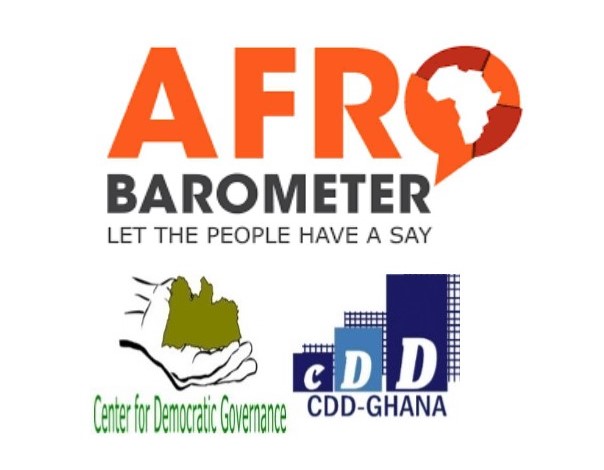Liberians generally hold gloomy views of the direction of the country, the country’s economic condition, and their personal living conditions, the latest Afrobarometer survey shows.
The report dated June 2, 2021 and just released in Monrovia says: An overwhelming majority – almost twice as many as in 2012 – say the country is going in “the wrong direction,” and only one-fourth of citizens assess the country’s economic condition as “fairly” or “very” good.
Fewer than half describe their personal living conditions as at least “fairly good.”
The study shows that negative assessments of the country’s overall direction and economic condition increased with individuals’ experience of poverty.
However, this report comes in the wake of the forecast by the Liberian Ministry of Finance and Development Planning that the country’s economy is set to experience a 3% growth rate by next year.
Afrobarometer surveys
Afrobarometer is a pan-African, nonpartisan survey research network that provides reliable data on African experiences and evaluations of democracy, governance, and quality of life. Seven rounds of surveys were conducted in up to 38 countries between 1999 and 2018, and Round 8 surveys (2019/2021) covering 34 countries are close to completion. Afrobarometer conducts face-to-face interviews in the language of the respondent’s choice.
The Afrobarometer team in Liberia, led by the Center for Democratic Governance, interviewed a nationally representative, random, stratified probability sample of 1,200 adult Liberians between October and December 2020. A sample of this size yields country-level results with a margin of error of +/-3 percentage points at a 95% confidence level. Previous surveys were conducted in Liberia in 2008, 2012, 2015, and 2018.
Key findings:
- Eight in 10 Liberians (80%) say the country is going in “the wrong direction,” almost double the proportion recorded in 2012 (43%) (Figure 1).
- Fewer than half (45%) of Liberians describe their personal living conditions as “fairly good” or “very good,” and only a quarter (24%) see the country’s economic condition as good. Both of these findings reflect an improvement since 2018 but are worse than in 2012 (Figure 2).
- Negative assessments of the country’s overall direction and its economic condition are fairly consistent across most demographic groups but show a strong relationship with lived poverty: Poorer citizens are considerably more likely than their better-off counterparts to say that the country is headed in the wrong direction and that the economy is in bad shape (Figure 3).

